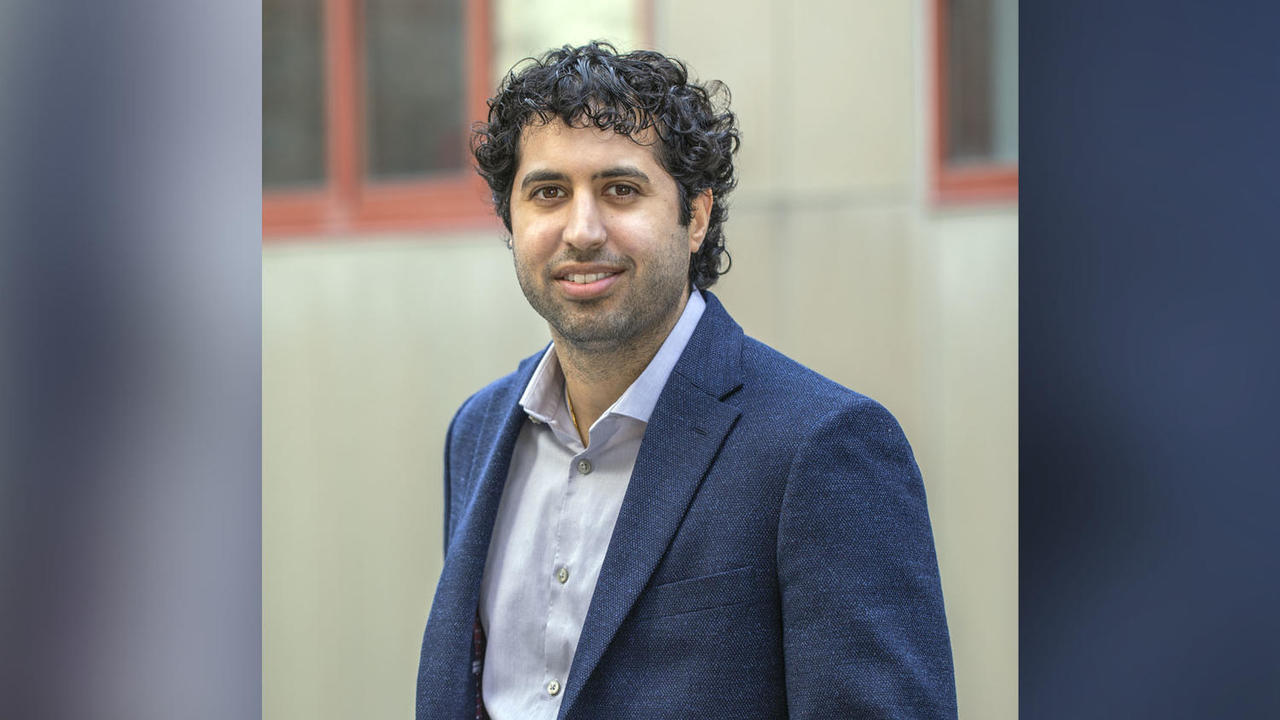
When an Opinion Is Not Enough
Everyone in America, it would seem, has strong opinions on immigration, and the students in Assistant Professor of Political Science Maneesh Arora’s spring seminar, Immigration Politics and Policy, are no exception. In the first week of class—just after the Trump administration announced an expanded immigration ban—he divided them into groups: Half of the students had to make the case for tighter immigration restrictions and the other half for looser restrictions.
Yet even when they were arguing for a policy they strongly agreed with, most students still struggled to construct a coherent argument. “I definitely saw lightbulbs going off,” says Arora, who joined the political science department last fall. “It’s one thing to say ‘I disagree with the travel ban,’ but why do you disagree and how can you demonstrate in a more eloquent and comprehensive way why you disagree?” he says. “Crafting a message is much more difficult than having an opinion.”
Americans did not always have such passionate disagreements about immigration. It’s hard to remember now, says Arora—and, in fact, most current Wellesley students were not yet born—but in the 2000 presidential election, immigration was not the lightning rod it is today. “It just wasn’t a politically salient issue, and there was much more agreement between the two parties about what the immigration system should look like,” he says. But, as he points out, by the 2016 election, voters ranked immigration over jobs among the issues that mattered to them most. One presidential candidate was talking about “systemic racism” while the other called Mexicans “rapists and criminals.”
How did we get here?
This is a primary question behind Arora’s own research, which focuses on racial and ethnic politics and American public opinion. He is currently writing a book, expanding on his dissertation at the University of California, Irvine, that examines how political and media elites talk about minorities and why explicitly racial messages work to mobilize voters. “We have had a partisan realignment where we have become polarized in our racial views,” he says. “A lot of our partisanship now is based on immigration.”
This is an excerpt from an article by Sarah Ligon ’03 that appears in the spring 2020 issue of Wellesley magazine. Read the full story on the Wellesley magazine website.

